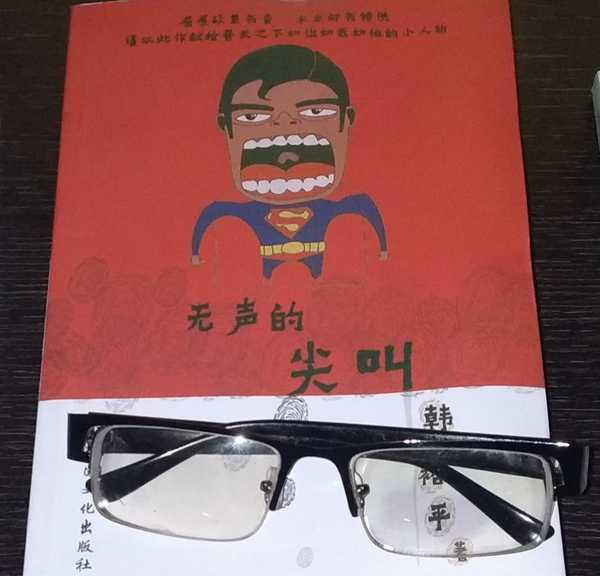Physical Books in the Digital Age
An analysis of why people still buy physical books despite digital alternatives, exploring the unique advantages of paper books and the circumstances that drive purchase decisions in modern China.

In today’s increasingly digital world, the question of whether to purchase physical books remains relevant despite the prevalence of e-readers and digital content. Through analyzing diverse perspectives from Chinese readers, several compelling reasons emerge for the continued appeal of paper books.
The tactile experience of reading physical books creates a unique connection between reader and text that digital formats cannot replicate. Many readers describe the satisfaction of feeling paper pages between their fingers, hearing the subtle sound of turning pages, and being able to make personal annotations directly on the text. This physical interaction appears to enhance both comprehension and memory retention.
The absence of digital distractions represents another significant advantage. While smartphones and tablets constantly compete for attention with notifications and alerts, a physical book provides a focused, immersive reading experience. As one reader noted, settling into a comfortable chair with a paper book allows for deeper concentration and reflection without technological interruptions.
Academic and professional needs continue driving physical book purchases in China. Students require textbooks and study materials, while professionals often prefer paper formats for important reference works. The ability to easily highlight, annotate, and flip between sections makes physical books particularly valuable for serious study and research.
Aesthetic and emotional factors also play a substantial role. Many readers view their physical book collections as both decorative elements in their homes and tangible representations of their intellectual journey. The ability to share and gift physical books carries special meaning in Chinese culture, where books historically symbolize knowledge and respect.
Cost and convenience do influence purchasing decisions. Readers often buy physical copies of their favorite works or important references while relying on digital formats for casual reading. Special editions, signed copies, and books with particular sentimental value are especially likely to be purchased in physical form.
The reading environment in China continues evolving, with different formats serving complementary purposes rather than competing directly. While digital reading offers convenience, physical books maintain distinct advantages for focused study, collection, and the pure pleasure of traditional reading. This suggests paper books will retain an important place in Chinese society even as digital alternatives expand.
The persistence of physical book buying reflects deeper human needs beyond mere information consumption. The sensory experience, freedom from digital distraction, and tangible connection to knowledge continue attracting readers to paper books in specific circumstances, even as they embrace digital reading for other purposes.